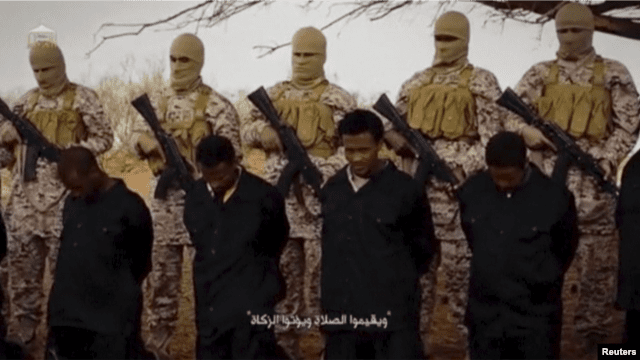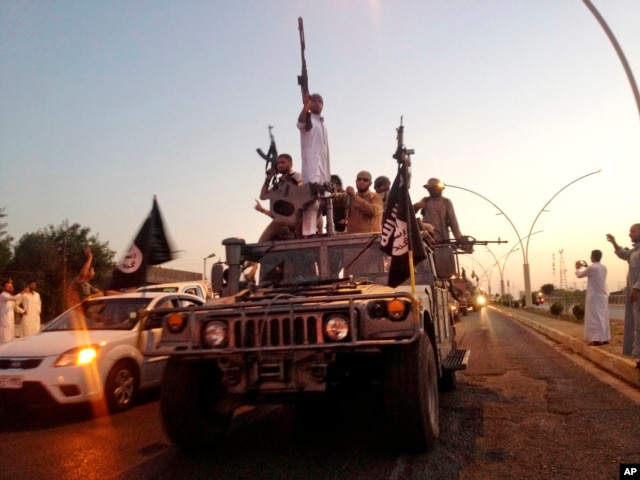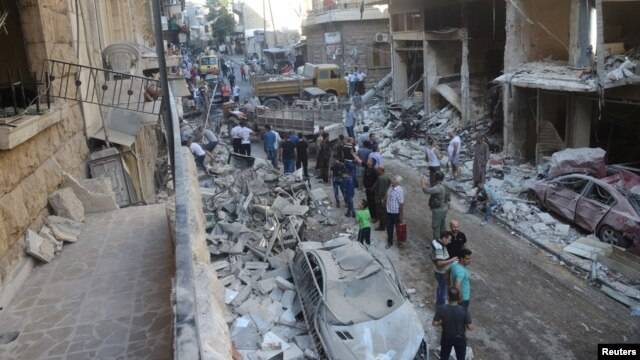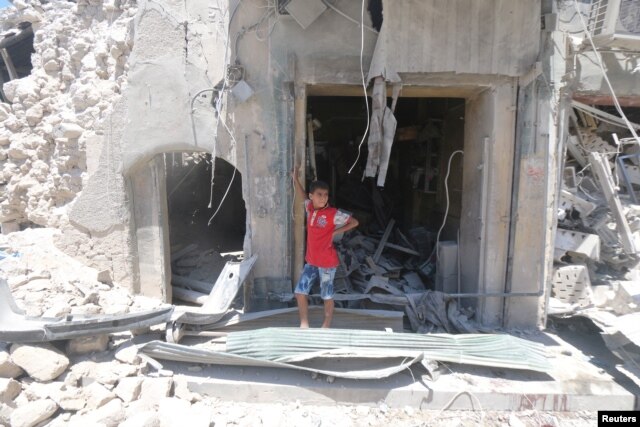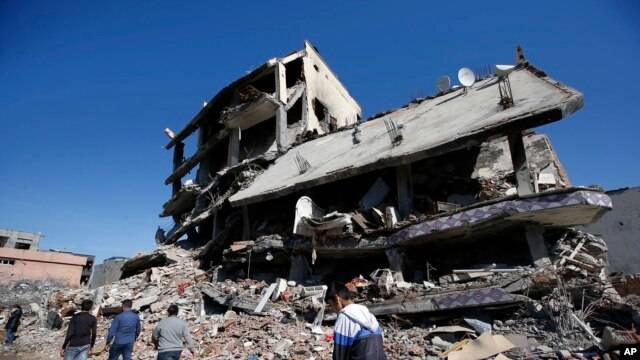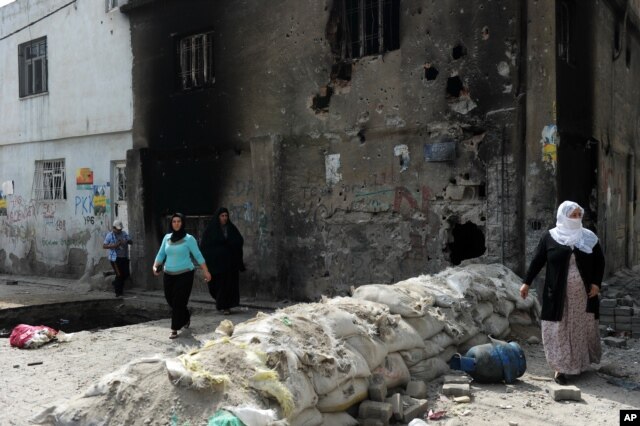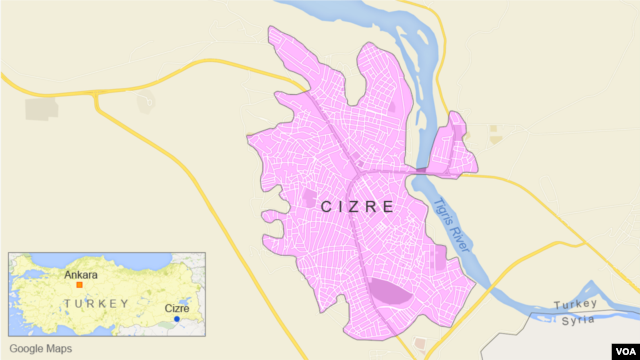A human interest story.
Syria: Detained and Tortured, But Still Strong
"My brother Ali emerged stronger than ever."
Friday, a weekend day in Syria, used to be a time for leisure. Those days are long gone, and Friday is now associated with fear.
Ever since the revolution began, many Syrians find themselves willing Fridays to speed by without them witnessing any arrests or killings.
Early one Friday afternoon, my phone rang. I wasn’t expecting a call, so I instantly felt ill at ease. I walked slowly towards the phone wondering who it could be, and what news was coming my way.
It was my sister.
“They took him!” she screamed, “They took Ali. Come quickly!”
Continue reading at:
Syria: Detained and Tortured, But Still Strong
Syria: Detained and Tortured, But Still Strong
"My brother Ali emerged stronger than ever."
Friday, a weekend day in Syria, used to be a time for leisure. Those days are long gone, and Friday is now associated with fear.
Ever since the revolution began, many Syrians find themselves willing Fridays to speed by without them witnessing any arrests or killings.
Early one Friday afternoon, my phone rang. I wasn’t expecting a call, so I instantly felt ill at ease. I walked slowly towards the phone wondering who it could be, and what news was coming my way.
It was my sister.
“They took him!” she screamed, “They took Ali. Come quickly!”
Continue reading at:
Syria: Detained and Tortured, But Still Strong


